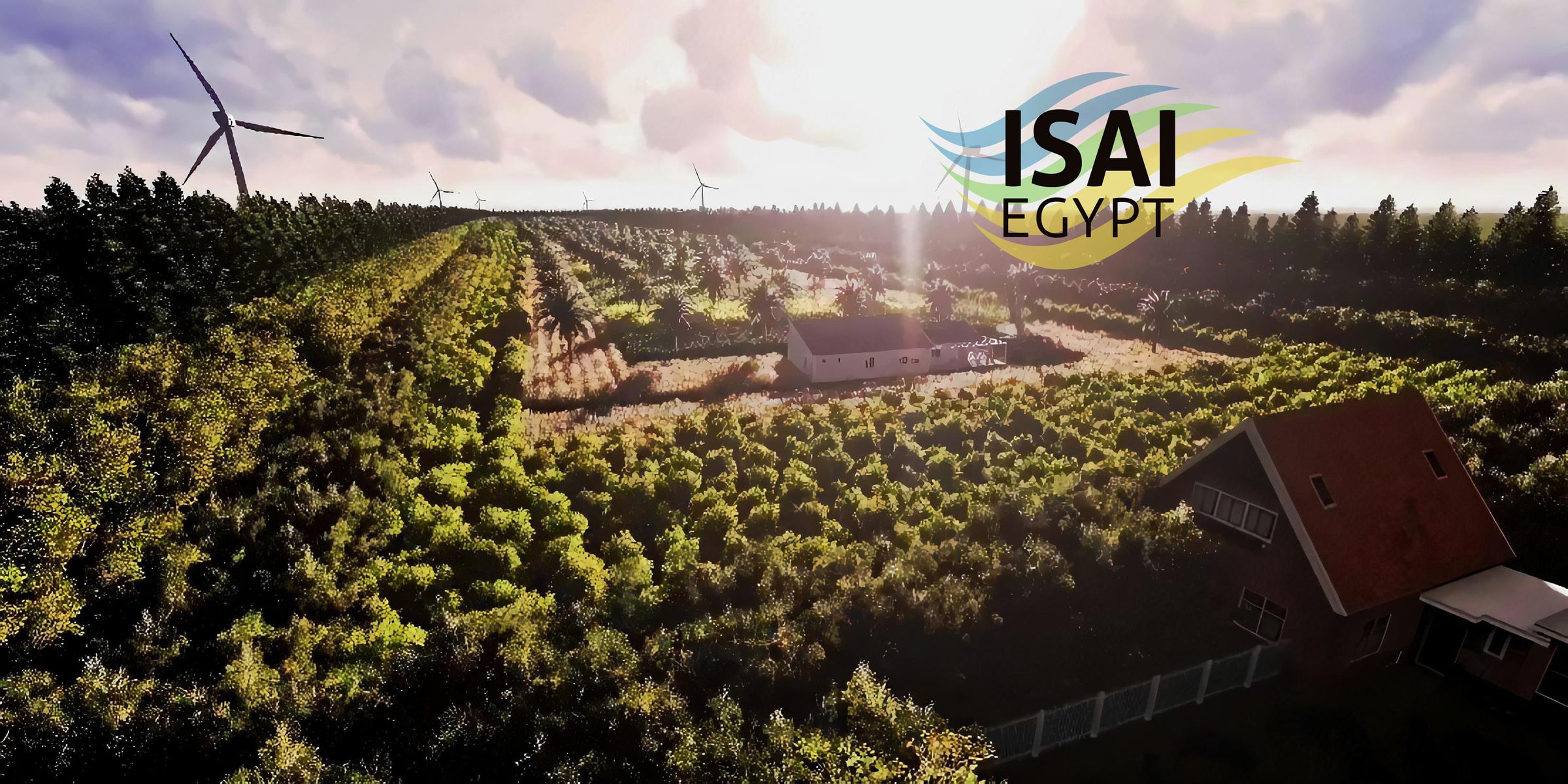

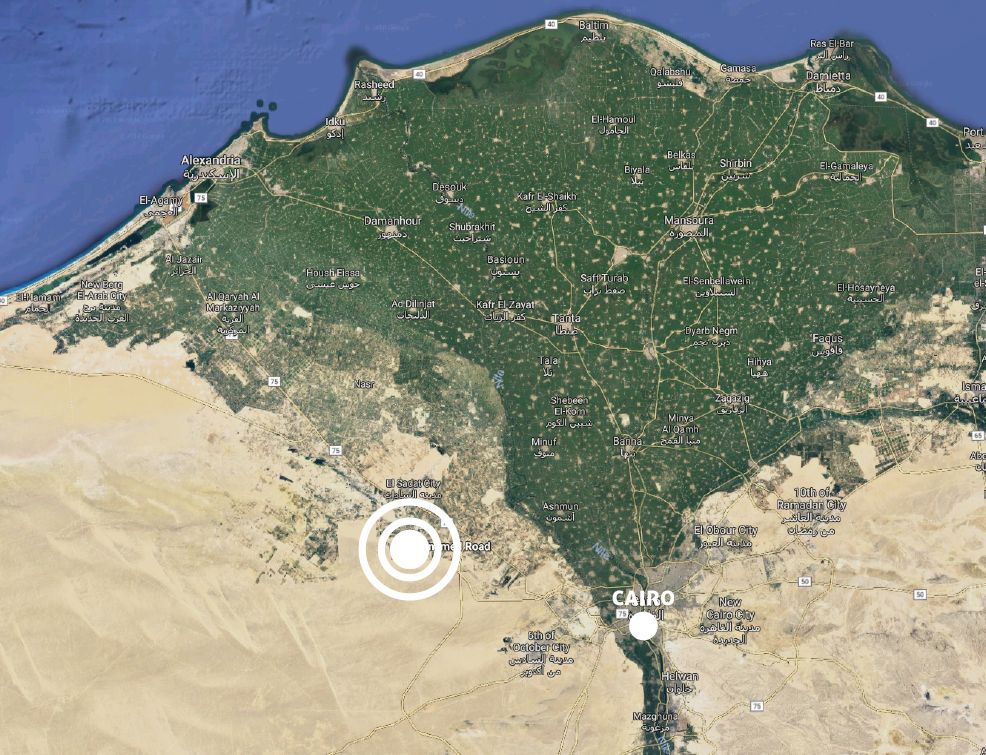
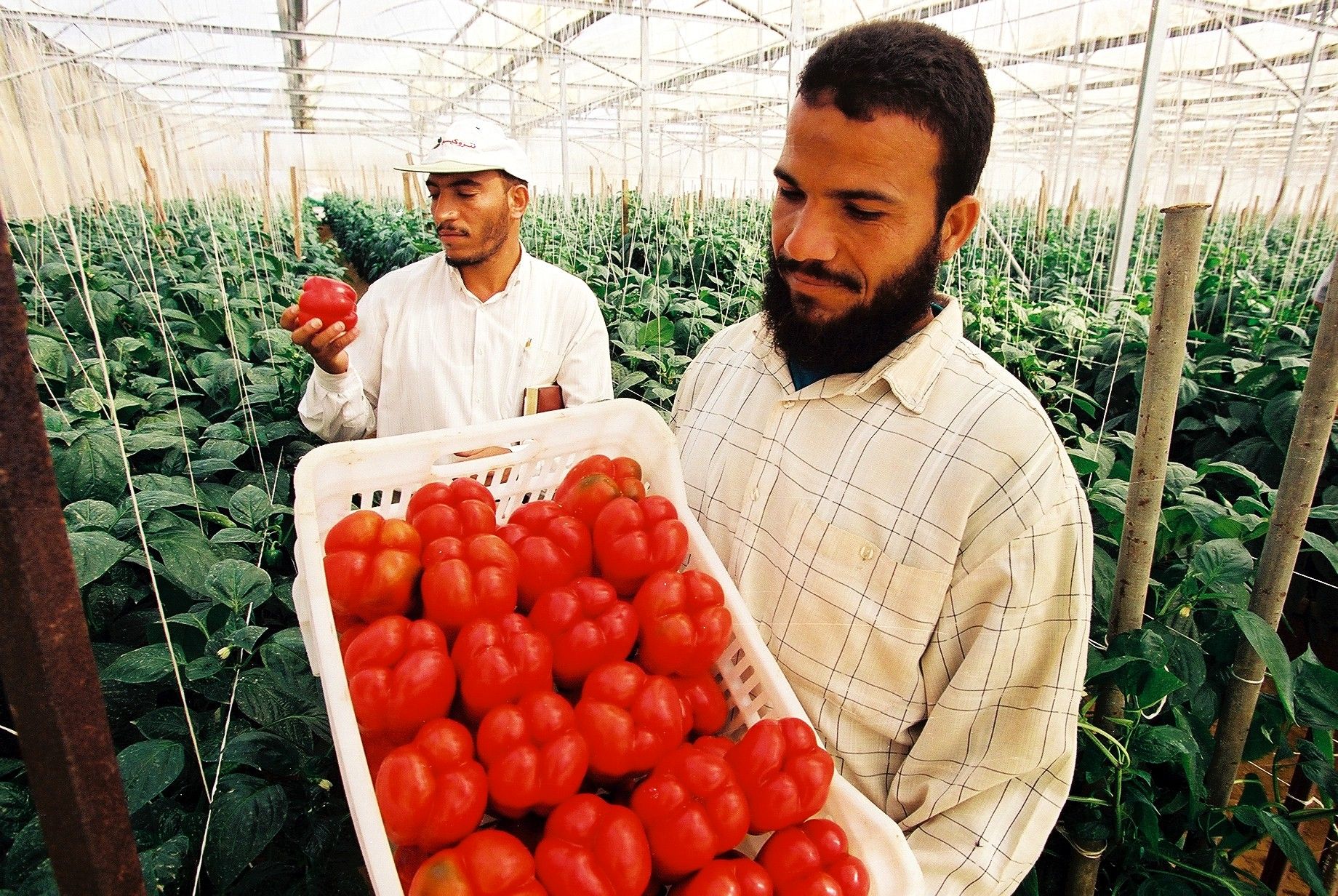
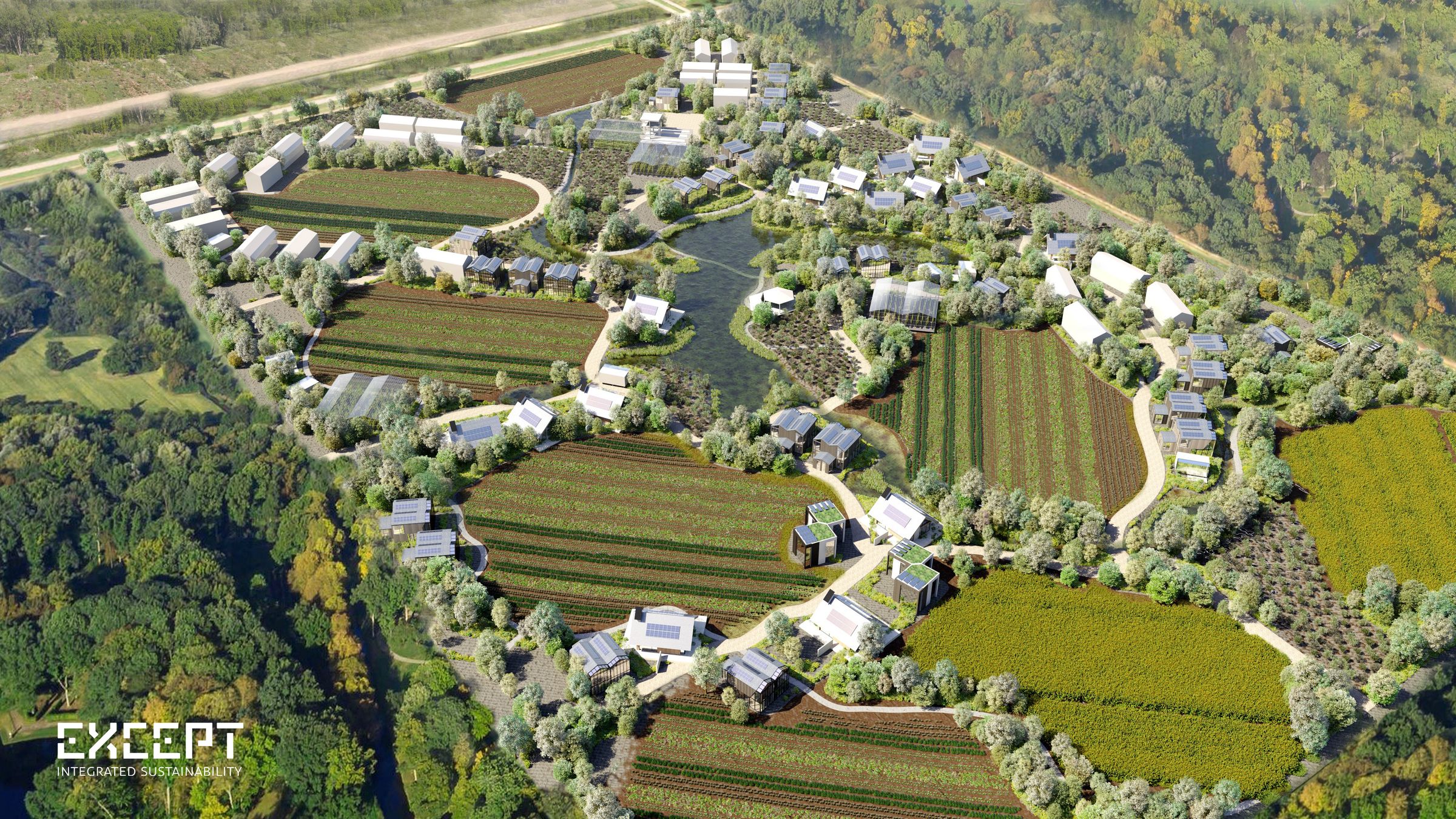
Egypt Integrated Sustainable Agriculture Initiative
Creating food and quality of life in the desert
Feb 17, 2019

This project focuses on how to establish a truly sustainable, regenerative agriculture industry in Egypt, for the next 50-100 years. It involves cooperation between worldwide experts, local researchers, government institutions, businesses, and NGOs. Except works with key partners to help establish the Integrated Sustainable Agriculture Initiative (ISAI), develop its long term strategy, spatial strategy and rollout, its business model and partnerships.
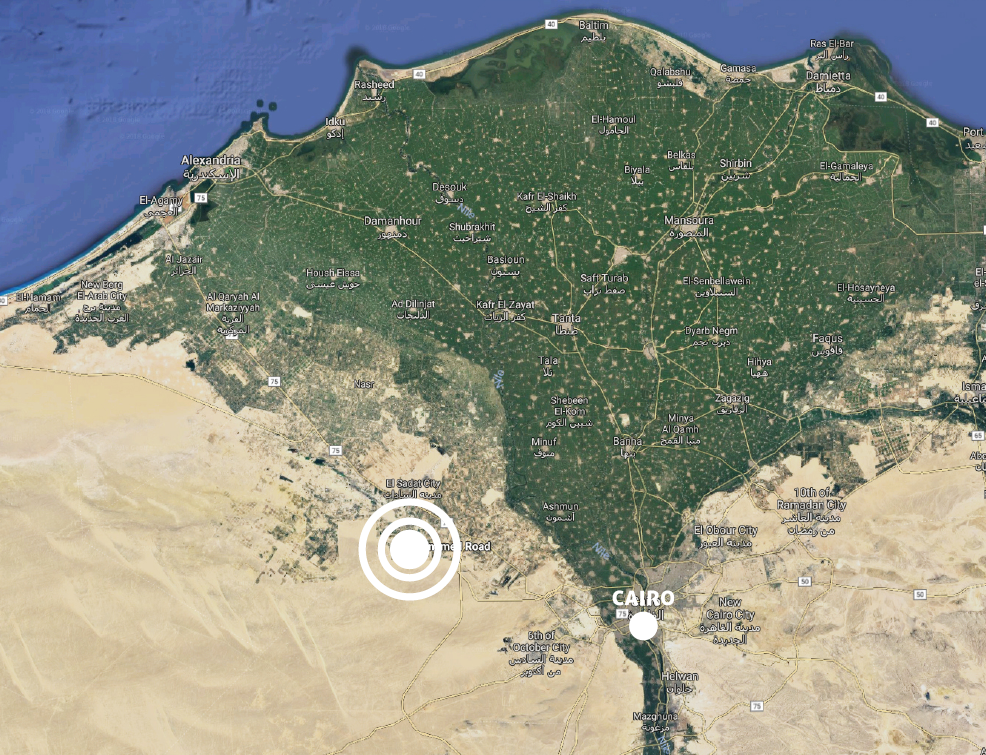
ISAI responds to Egypt's pressing need for ecosystem restoration and enhancing sustainable food production. This joint venture between Foresight for Development and Innovation (Egypt), Except Integrated Sustainability (Netherlands), and in close cooperation with the Egyptian government, is to realize the restoration and regeneration of over 42,000 ha of agricultural land and ensure sustainability and food security for Egypt.
ISAI helps enable Egypt to realize systemic integration and nationwide sustainable food industry is possible. Built from the ground up, ISAI has climate change resilience, adaptation, and mitigating strategies at its core - focusing on drought and climate change challenges.
The key to this innovative project is to integrate productive tree plantations, agroforestry, open fields, aquaculture, and greenhouse production and become a pillar in the Egyptian government’s plan to intensify reforestation.
The entire project will be powered by 100% renewable energy sources, zero-waste management, efficient water management, and an overarching goal to enhance biodiversity.
The long-term plan is to scale up and spread the approach to other regions in Egypt and ultimately expand to other nations with similar landscapes and sustainability challenges.
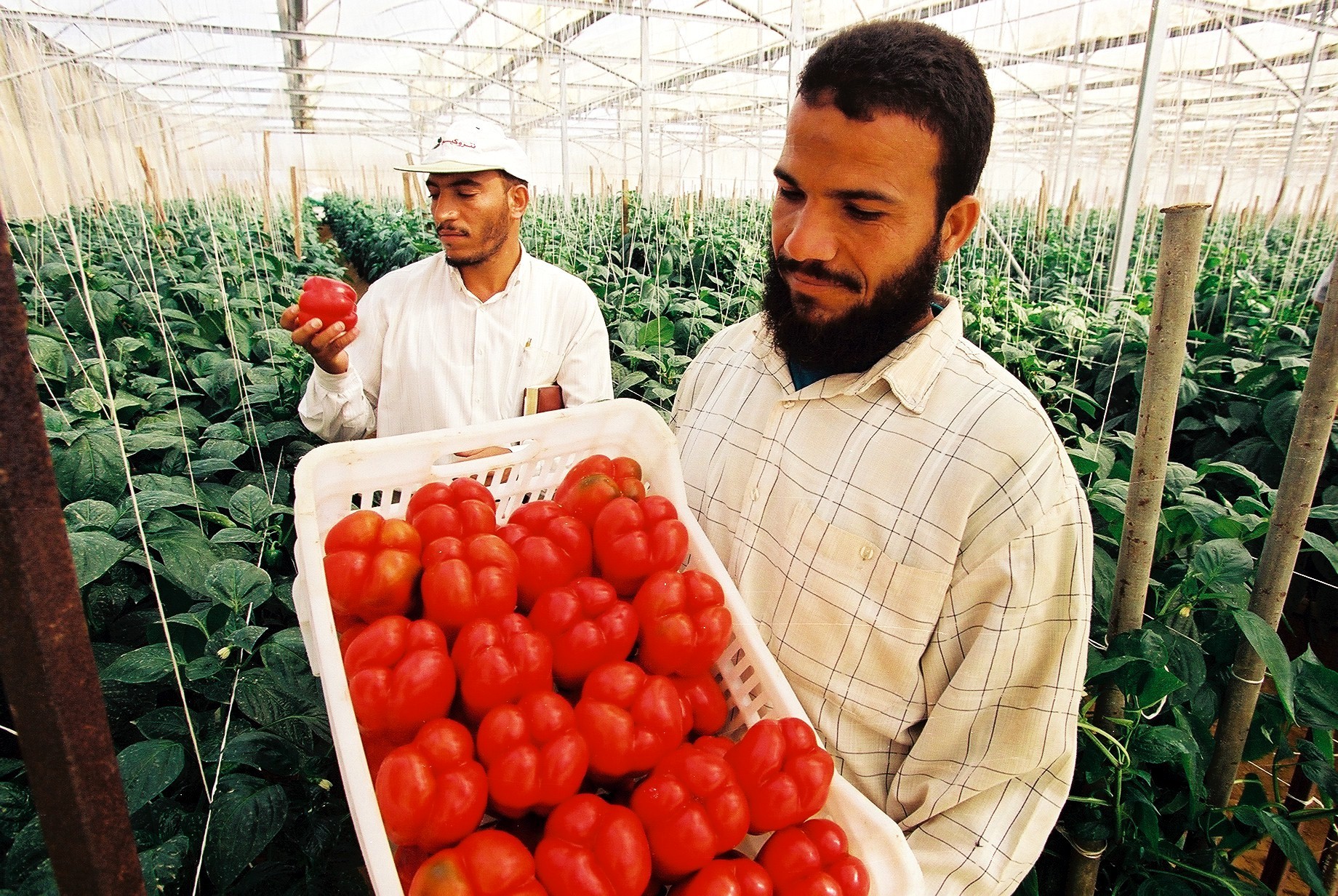
Arid and semi-arid regions struggle on multiple fronts, particularly with accessing all types of resources needed for food production. All the while, populations continue to grow, and infrastructure development also expands to keep up, ensuring even more demands on the compromised soils and freshwater. Outdated practices can waste up to 80% of potable water, and the overuse of chemical fertilizers and pesticides causes irreparable damage to the land.
These approaches need to change on a large scale.
Using ecosystem-sensitive ways of planting suitable trees, along with sustainable water management and agroforestry practices, is a recognized way to counteract these harmful practices, restore the land, and provide long-term and healthy food production.
This need to do things better hasn't gone unnoticed. In 2016, Egypt’s president introduce targets and began to develop a new and more sustainable agriculture industry. The government initiated large-scale reclamation of desert lands totaling 630,000 ha (1.5 million feddan), with an overarching goal to expand across 1.6 million ha (4 million feddan),
The main objective of this initiative is to establish new communities in areas often viewed as unliveable and provide good job opportunities, with an emphasis on sustainable agriculture and enhancing food security.
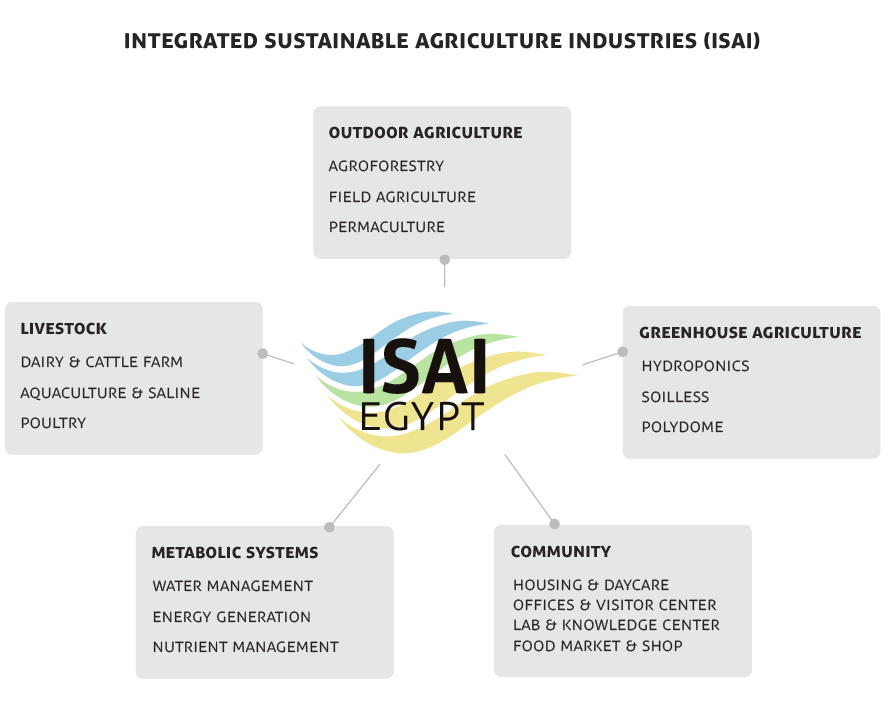
Except will be partnering with professor Dr. Hany el-Kateb and Foresight for Development and Innovation, and working beside the Ministry of Environment, the Arab Republic of Egypt, and the Sovereign Fund of Egypt.
Our shared knowledge and experience of in-depth scientific research, innovative design, and innovative agriculture, in addition to an extensive partner network in Europe and Egypt, will ensure the development and viability of truly sustainable food systems for arid regions across the globe.
The project ties together the entire supply chain necessary for realizing long-term sustainable agriculture and connects a range of stakeholders along the way, including farmers, planners, designers, scientists, policymakers, manufacturers, and investors.
In the years to follow, the team will continue to expand on the range of partners, aiming to cover the entire realization chain.
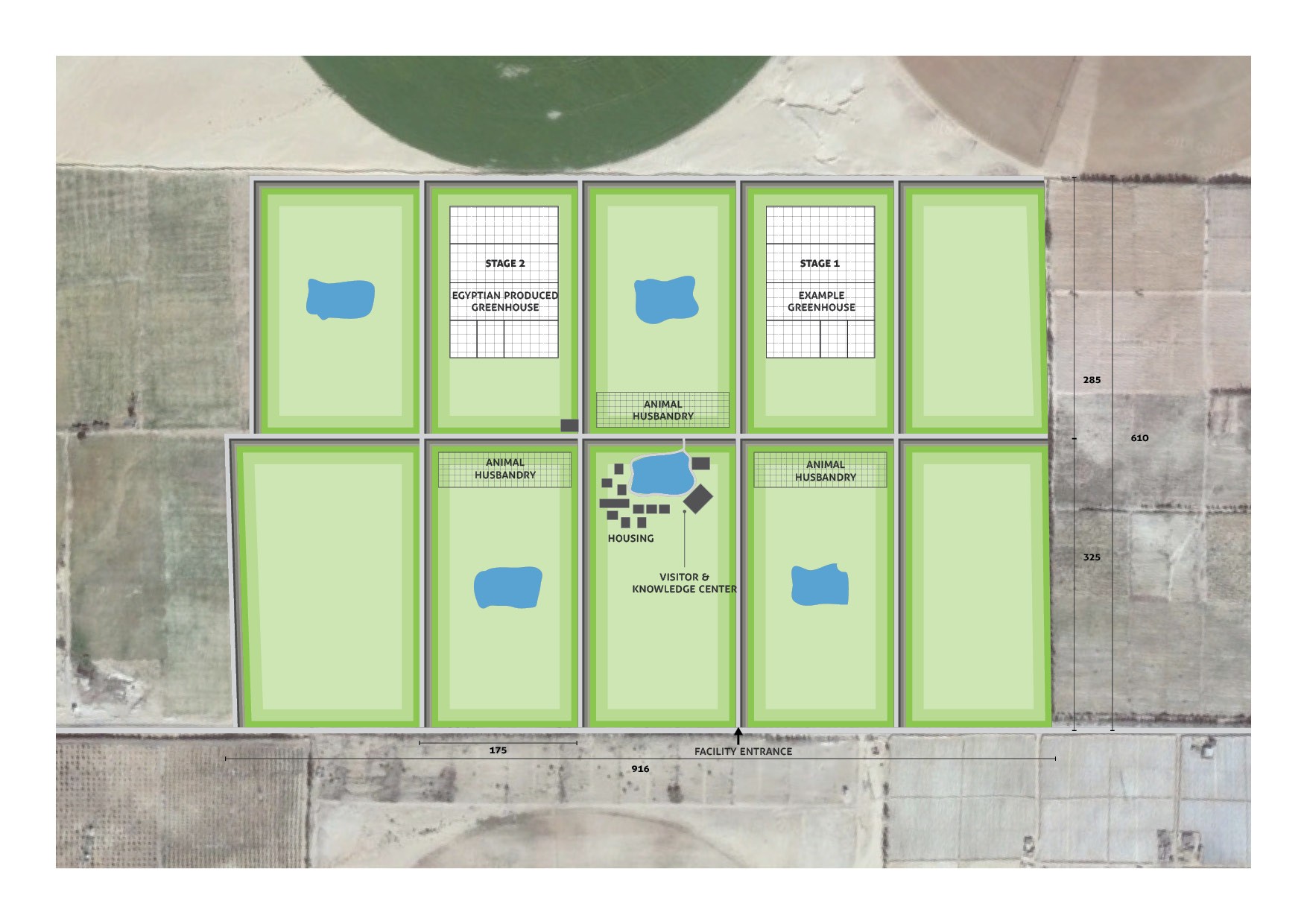
The ISAI project will include a diverse range of crops and trees. Whether fruit trees, palms, or a species used as a windbreak, each is selected based on appropriate risk, crop rotation, market appeal, and suitability for the environment.
This sustainable integrated farm model enhances biodiversity, reinforces resiliency, fosters the ability for mitigation and adaptation to climate change, and protects from the harsh desert wind and sand.
Additionally, these projects will help fulfill the Egyptian government’s mission to secure 42,000 hectares of sustainable farming and over 22.7 million new and permanent trees.
It goes without saying that access to water and its management is vitally important to any agricultural project, let alone one that also supports extensive agroforestry and plantations, integrated production areas, aquaculture, and greenhouses systems.
The ISAI project has two similar pilot farms, based on their differences in water source:
The saltwater project integrates special components to use its water source as a feedstock and generate its own clean, renewable energy.
Phase II of the project sees the establishment of larger farms (exceeding several thousand acres in size) begin to appear in other regions in Egypt. During this phase, the development of the farms, production systems, and education and knowledge networks are expanded.
Phase III rolls out the program on a much wider national scale and prepares for expansion to other arid and semi-arid international regions.
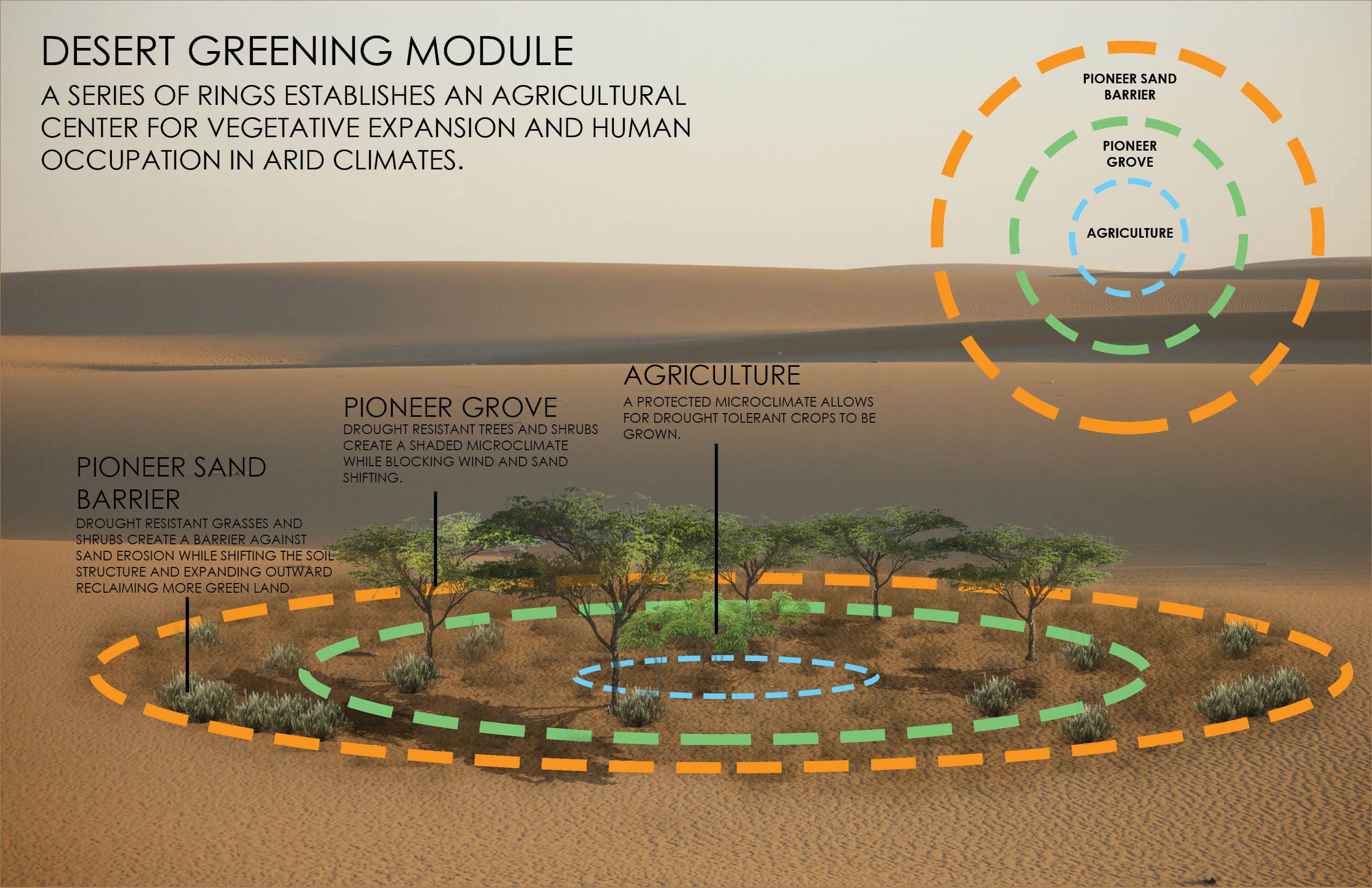
Feb. 17, 2019
Director